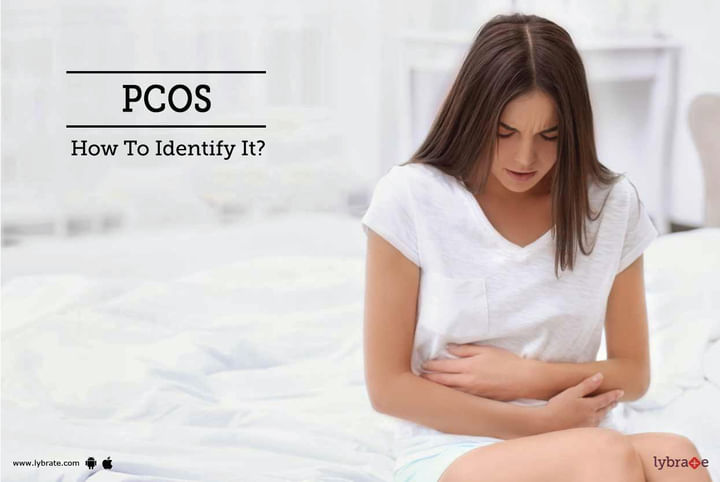PCOS - How To Identify It?
PCOS (Polycystic Ovary Syndrome) is a common disease of the endocrine system among women who have attained the reproductive age. Women with this condition generally have ovaries larger in size than the usual, containing small pockets of fluids, also termed follicles. These "follicles" develop in each of the ovaries as diagnosed with the help of an ultrasound exam. Abnormal or extended menstrual cycles, unusual growth of hair and obesity are some of the common accompanying conditions associated with PCOS. This disorder can interfere with a woman's menstrual cycles, thus making pregnancy difficult. More so, this condition can also impact the way you look and if left untreated for long, can lead to underlying disorders such as diabetes and other cardiovascular diseases.
Causes of PCOS
1. Excessive Insulin secretion
Insulin is a hormone secreted by the pancreas which allows the body cells to utilize the sugar; the most important energy store of your body. If you suffer from insulin resistance, your body's ability to utilize the insulin gets affected adversely. This forces the pancreas to secrete more insulin in order to keep up with the body's energy supply. This excess insulin might result in an increase in the production of androgen, which in turn, might interfere with the ovulation ability of the ovaries.
2. Low- level inflammation
Inflammation is the process by which your body's white blood cells fight infections. Studies reveal that women suffering from PCOS have a low-level inflammation which acts as a catalyst in the production of androgens.
3. Can be hereditary
If you have someone in your family suffering from this syndrome, you might automatically be at a higher risk of developing this disorder.
Symptoms accompanying PCOS
1. Abnormal menstrual cycles: This is the most commonly observed symptom. Women suffering from PCOS may have less than nine periods in an entire year and in some cases, even none.
2. Excess secretion of male hormone: Excess androgen production may result in symptoms such as abnormal body and facial hair, acne and baldness, which is identical to that in men.
3. Unexplained increase in weight and difficulty losing it as well.
4. Another fairly noticeable symptom is depression.
5. Infertility



+1.svg)
